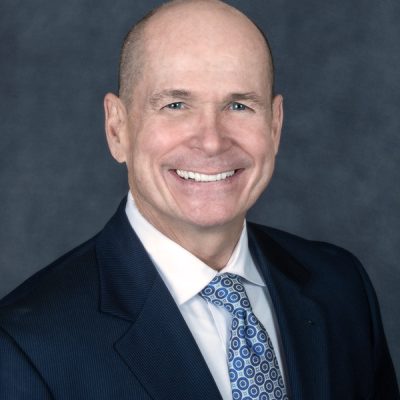In early January, a former Eatonville police officer who responded to the tragic mass shooting at Pulse nightclub in Orlando was granted disability benefits after providing testimony about how he suffers from PTSD as his experience. Prior to the Eatonville Pension Board voting in favor of granting 46-year-old Omar Delgado benefits in the first days of 2019, his future had been hanging in the balance.
As one of the first responding officers to the Pulse nightclub on the night of June 12, 2016, Delgado has first-hand experience of one of the deadliest mass shooting committed by a single person in U.S. history. That night, Delgado helped secure the premises and usher survivors to safety. A total of 49 victims lost their lives, and dozens were injured.
Delgado’s battle with the emotional and psychological repercussions of his experience were considerable, but not easy for everyone to understand. Unlike physical injuries we can see, conditions such as post-traumatic stress disorder aren’t always as apparent. In the wake of two overseas Wars in Iraq and Afghanistan, and a string of tragic mass shootings, however, greater awareness has been raised about PTSD and its impact – and that’s helped with the creation of new resources, services, and laws designed to address the needs of those who suffer from it.
Delgado’s PTSD diagnosis ultimately led to his forced retirement from the force just 6 months short of vesting into the pension system, a struggle with symptoms like anxiety, depression, and flashbacks, and difficulties supporting his family. Though he faced many struggles and fears of not being able to miss work because workers’ compensation wouldn’t provide benefits without a physical injury, that soon changed when Governor Rick Scott signed a bill approved unanimously by Florida lawmakers in March of last to better address PTSD among the state’s first responders.
Florida Workers’ Compensation & PTSD
Florida’s new law, which took effect in October 2018, was prompted in large part by the Pulse nightclub shooting. Though the bill stagnated, it soon gathered support, especially after the subsequent Parkland shooting. Stories from former first responders and families about the struggles associated with PTSD, and the lack of available support, soon pushed lawmakers into passing legislation similar to existing laws in at least a third of the country.
Here are a few key parts of the law:
- Under Florida law, first responders are eligible to obtain workers’ compensation benefits solely for PTSD, even if they do not have an accompanying physical injury.
- In addition to medical coverage, which responders with PTSD could previously obtain, the law now allows them to obtain lost wages.
- Per the legislation, the law only covers responders who file a workers’ comp claim after October 1, 2018, provided the event which triggered their condition occurred within the previous year.
- The law also creates pre-employment PTSD screening requirements when hiring first responders, as well as various mental health training, treatment, and prevention services.
Workers’ Comp & Personal Injury Cases
Our legal team at Todd Miner Law®️ is thankful to the numerous brave men and women who risk their lives as firefighters, law enforcement, and other critical first responders, and applauds Florida’s expansion of mental health benefits when their work results in PTSD. The law is significant in that such benefits are not typically available in workers’ compensation cases, though they can be recovered by victims who file civil personal injury claims. The differences between the two generally include:
- Workers’ Compensation – A type of insurance carried by employers, workers’ comp provides benefits to those who suffer injuries during the scope of their employment, regardless of who is at fault. Typically, this means physical injuries which cause partial, total, temporary, or permanent disability, or PTSD in cases of first responders. Workers’ compensation can provide benefits for medical care, wage supplementation, and resources such as vocational rehabilitation.
- Personal Injury Claims – Personal injury claims are civil lawsuits filed against at-fault parties or insurance companies. Unlike workers’ comp, victims must prove the defendant more likely than not caused them harm and losses as a result of preventable negligent or wrongful acts. When successful, personal injury suits provide victims with an opportunity to obtain a broader scope of damages than what’s available under workers’ comp, including both economic and non-economic damages for things like past and future medical bills, lost wages and future earnings, emotional anguish, and pain and suffering.
Because there are distinct differences between the two types of cases, it’s important to have an experienced injury attorney evaluate your accident and available options. Our attorneys at Todd Miner Law®️ handle both types of matters, and have proven our ability to secure the needed compensation our clients need – especially when they face off against powerful insurance companies.
If you have questions about a potential workplace or personal injury case, trust a former insurance attorney and team of experienced lawyers. Contact Todd Miner Law®️ for a free consultation.








